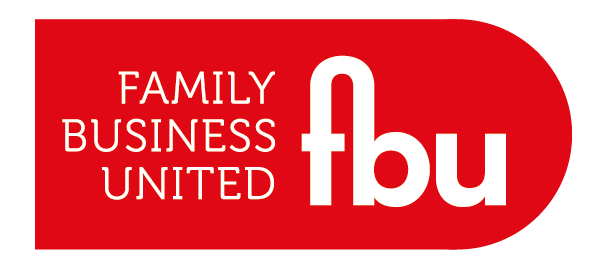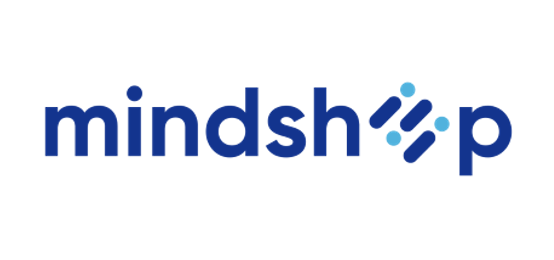
It’s been estimated that up to 30% of work activities could be automated by 2030 and that jobs will look significantly different.
The McKinsey & Co survey of 46 countries concludes that all workers will need to adapt, as their occupations evolve alongside increasingly sophisticated machines. Workers will be required to hone high-level cognitive capabilities including social and emotional skills; creativity; and other skills that are relatively hard to automate.
What does it mean in practice as employees evolve with machine disruptions? Which skills, training, and career opportunities should they invest in?
Where does that leave you as a business leader in meeting the bottom line and acquiring (and retaining) the talent needed, in combination with new technologies, to create market and social value?
Here are three things organisational leaders can do to help their workforce prepare for the shifts to come:
1. Encourage continuous personal growth

Very few products and services exist that appreciate in value over time after purchase. Personal development is one of them.
Personal development isn’t about the acquisition of more technical information or skills but about learning to learn and undergoing the emotional and psychological journey of change.
Rather than reaching for a fixed state of perfection, individuals (and organisations) are encouraged to see themselves as continuously evolving – adaptive - entities and enjoy the process.
Coaching is a relatively new modality that has produced a high return on investment for many organisations in this respect.
2. Support an entrepreneurial mindset
The demise of the career for life and the growing uncertainty in current career pathways calls for a shift in professional identities to embrace a more entrepreneurial mindset.
Entrepreneurialism has traditionally provided opportunities for autonomy for business owners and filled an innovation function within the economy. It’s characterised by thinking that is more risk-taking, creative, and optimistic.
Fortunately, entrepreneurialism can be developed through shifts in mindset and exposure to the right environments enabling individuals to think outside the box, take risks, implement creative ideas with efficiency, embrace failure and learn.

Businesses can support this development through secondments to other organisations; enabling part-time work or ideation space; and training in a range of business skills such as modern marketing, sales and pitching.
3. Reform toxic work cultures
Toxic work cultures tend to be overly competitive and engender survival behaviours. They also tend to reinforce imposter syndrome, intensifying a sense of inadequacy which is often overcompensated for by overwork and bravado.
It can ultimately lead to burnout and loss of talent. This goes beyond physical burnout to psychological burnout resulting from repeated compromise of the person’s values (e.g. of empathy, collaborativeness and bigger meaning) - what some have called moral injury.
Organisations can prevent this by helping individuals to meet their need for meaningful, values-aligned work, and move away from hierarchy-based, transactional, carrot-and-stick performance management. The latter might increase performance in the short term but lose talent and institutional-memory due to stress in the long term.
Research by Google and others on high performing teams (Project Aristotle) has shown that out of 250 factors, the top determinant of outstanding team performance was psychological safety (feeling safe to take risks and be vulnerable in front of each other).
Some companies are experimenting with work culture interventions such as the Results-Only Work Environment which offers greater flexibility. This illustrates the possible synergies in the human-machine relationship at work, even if business leaders might feel nervous about the loss of control over employee time management.

Undoubtedly, business leaders will have to embrace technology’s benefits for their organisations while also helping employees transition into the new world.
Holocaust survivor Viktor Frankl made the case that any situation can be given a meaning that is purposeful and inspiring or one that is demoralising and hopeless.
It’s in honestly acknowledging where we are – as individuals, organisations and society - that the richest discussions and new collective meanings can arise.
Perhaps listening and caring deeply is where we start.
Dr Amina Aitsi-Selmi is an international Career and Executive Coach to visionary leaders. She helps them throw out their five-year plans and focus on what energises them and their organisations. Find out more at www.doctoramina.com.




